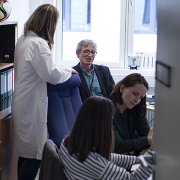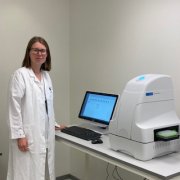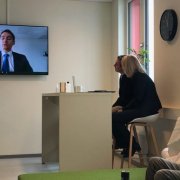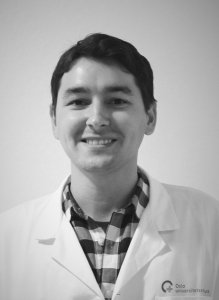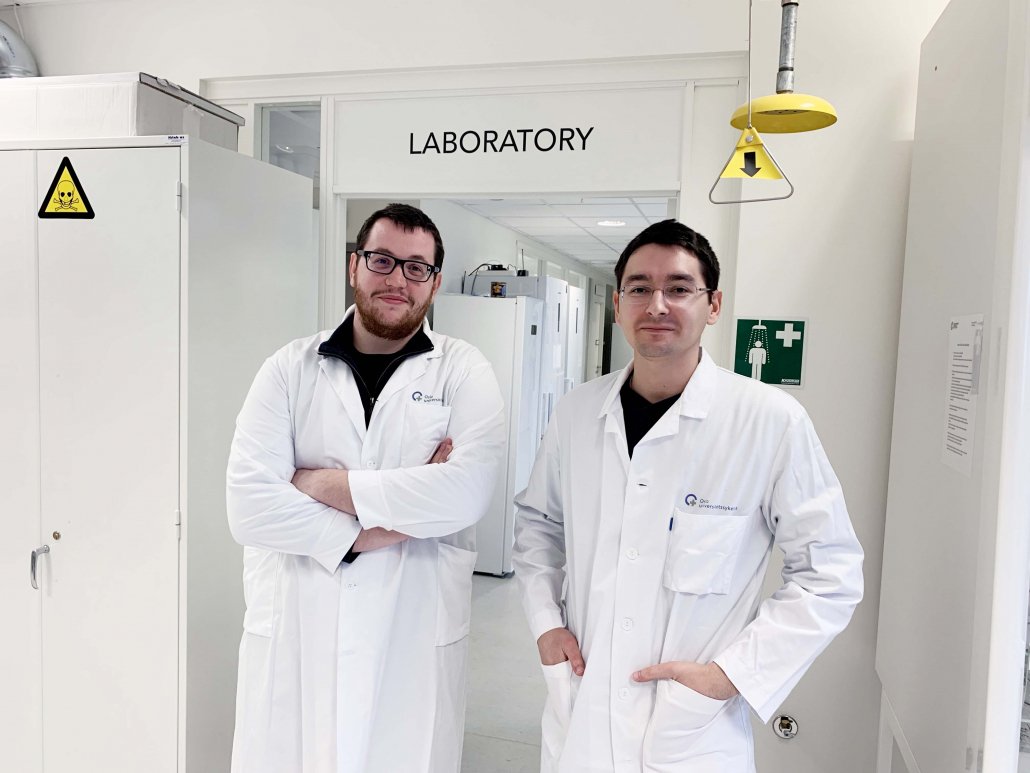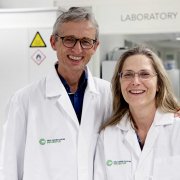OCC Accelerator is here
Oslo Cancer Cluster Incubator relaunches the programme for start-ups in cancer innovation under the new name OCC Accelerator.
OCC Accelerator will identify, select, and develop promising innovations that will improve the lives of cancer patients. The aim is to make the projects attractive for private and public investments.
“This programme is for the best research projects and start-ups with innovative technology in cancer and a strong commercial potential.”
“This programme is for the best research projects and start-ups with innovative technology in cancer and a strong commercial potential. It is publicly funded with the overarching goal to build Norwegian health industry,” said Bjørn Klem, general manager, Oslo Cancer Cluster Incubator.
OCC Accelerator is a programme led by Oslo Cancer Cluster Incubator and it is funded by Siva, a governmental enterprise facilitating a national infrastructure for innovation.
“2021 will be a challenging year because of the corona pandemic, but thanks to Siva we can offer up to 100% discounted services to the Accelerator companies,” said Bjørn Klem.
How does the programme work?
OCC Incubator regularly meet with researchers, founders, and entrepreneurs to discuss whether their ideas have commercial potential. After a comprehensive evaluation and approval from the board, the project or start-up may be admitted to the OCC Accelerator programme.
“We tailor our services according to each company’s needs.”
“We tailor our services according to each company’s needs. Some companies need help with a specific challenge, while others need support with everything during the start-up phase,” Bjørn Klem said.
The activities often include to establish the company, secure intellectual property rights, fund the company, set up development plans, and recruit management, advisors, consultants, and a board of directors.
Help with funding
For most companies the most important thing is to pursue equity investments and public funding. OCC Incubator helps the company navigate the complex landscape of funding grants, coach them before negotiations with potential investors and provide valuable contacts.
The global network through Oslo Cancer Cluster also gives the companies exposure through international partnering conferences, pitching events and official communication channels.
Moreover, the OCC Accelerator companies have access to the OCC Incubator’s state-of-the-art laboratories and offices in Oslo Cancer Cluster Innovation Park.
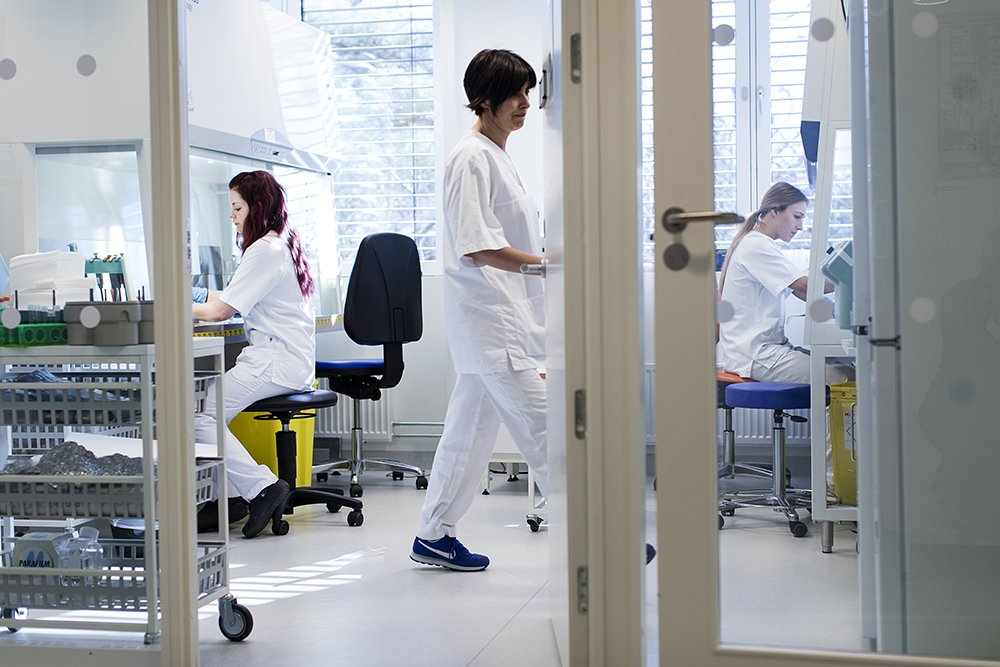
Oslo Cancer Cluster Incubator offers state-of-the-art laboratories for researchers in the cancer field. Photo: Christopher Olssøn
“We can work intensely with companies for periods of time, but eventually they need to stand on their own feet. Our main goal is to make them attractive for investments,” Bjørn Klem said.
The companies may stay up to 4 years in the programme. Their progress is evaluated on a yearly basis to ensure they reach the necessary milestones.
One success story
Kongsberg Beam Technology is one of the companies currently in the OCC Accelerator programme. The company has benefited in several ways. Bjørn Klem has helped the founders write funding applications and arranged investor meetings. Thomas Andersson, Senior Advisor for Business Development in Oslo Cancer Cluster Incubator, aided in recruiting the CEO Kerstin Jakobsson to the company and retains a seat on the board.
After the company’s first investor presentation in February 2021, the first issue of shares was oversubscribed in less than two days to the amount of 13MNOK. The company is also supported by the Norwegian Research Council with 23MNOK.
“We would not be where we are today without the support of Oslo Cancer Cluster Incubator.”
“Kongsberg Beam Technology is a medtech company in oncology. It is very important for us as a start-up company to be part of a life science community such as Oslo Cancer Cluster Incubator and have access to their network and partner meetings. We would not be where we are today without the support of Oslo Cancer Cluster Incubator. They have helped us with important funding contacts, to prepare the crucial investor meetings, which have secured our initial funding,” said Kerstin Jakobsson, CEO of Kongsberg Beam Technology.
- Read more here: Experienced CEO joins Kongsberg Beam Technology
If you are a researcher, founder or entrepreneur with an idea in cancer innovation with commercial potential, you are welcome to apply to OCC Accelerator. Please contact Bjørn Klem to find out more.

